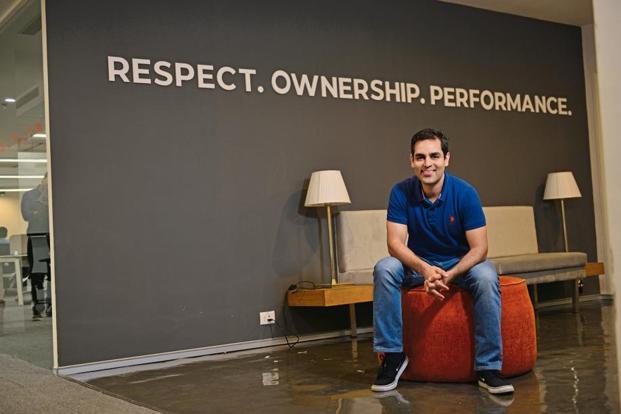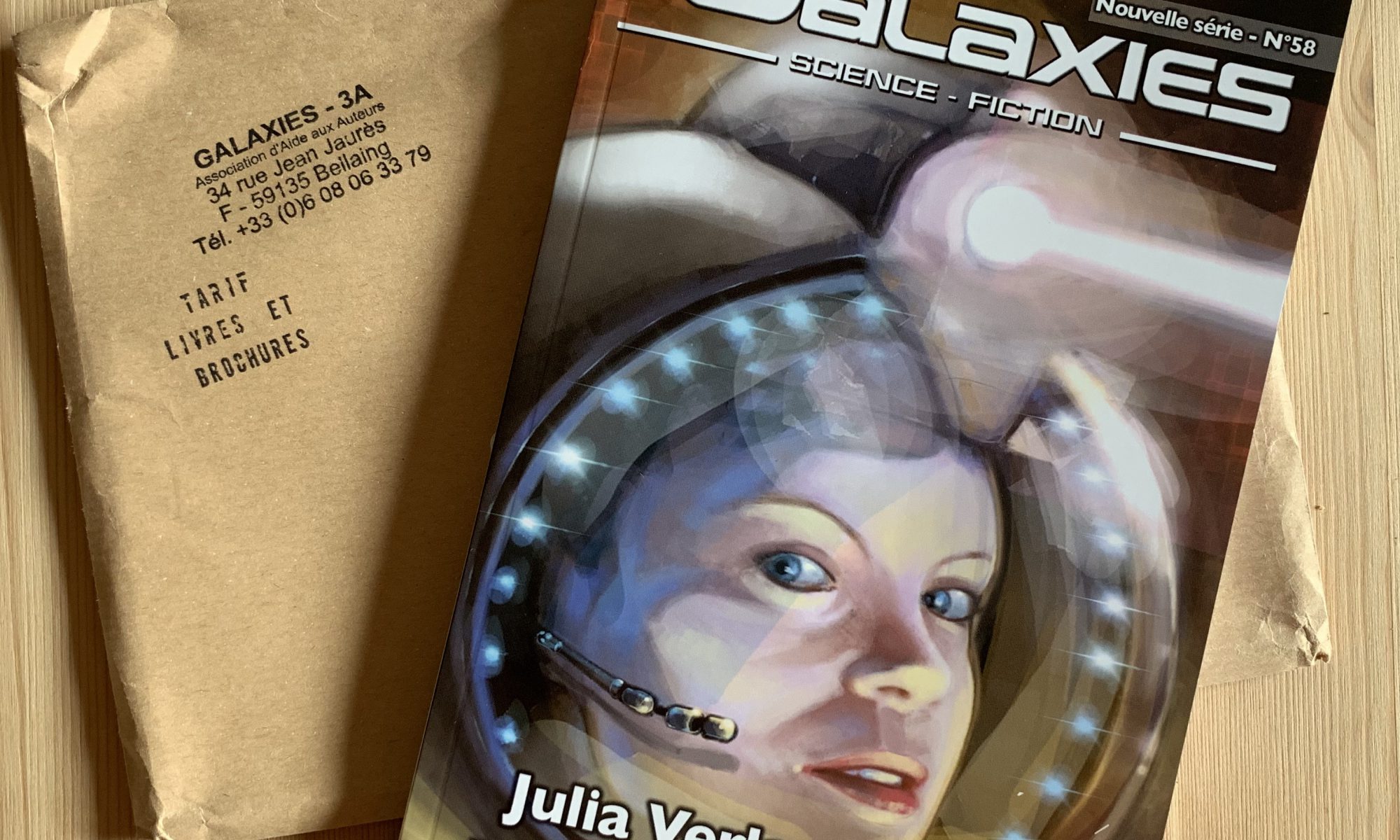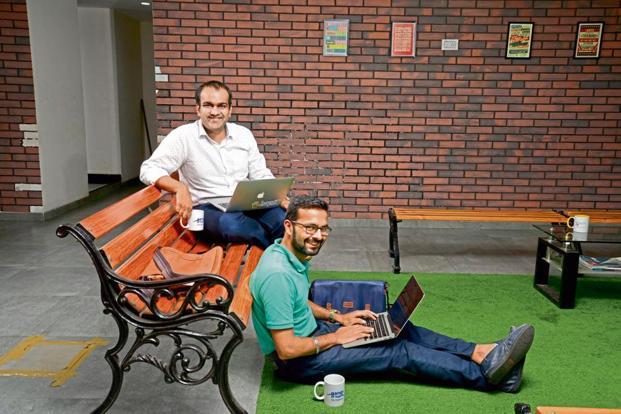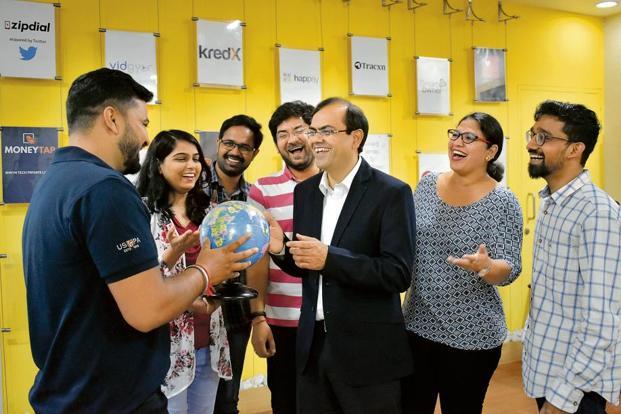Amy Ingram is a secretary. She sets appointments and meetings. She works for top-level executives, including CEOs, in the IT, start-up and finance sectors. If you work in these industries, you’ve probably received an email from her.
But Amy is not a real person.
“She” is the creation of x.ai, a US-based Artificial Intelligence (AI) start-up, and was built for one purpose: scheduling meetings. For people like Karthik Palaniappan, 38, CEO and founder of August Academy, a career counselling start-up in Chennai, who has to work with 40 clients a year and set up an average of 25-35 calls a week, the AI assistant is a bargain at $29 (around ₹ 2000) a month. “I run a consulting business and have online meetings with clients from across the globe in different time zones. That’s two or three iterations before a meeting is set, which is quite cumbersome. With Amy, I’ve offloaded this mundane task,” he says.
Now all Palaniappan has to do is copy Amy on an email conversation with a client—the AI assistant takes over the scheduling part of a meeting seamlessly. Other than the ease, what he likes is that his contacts follow up with Amy thinking she’s a real person.
Continue reading “Did Amy Ingram just set up that meeting for you?”“Ninety per cent of the time, if I don’t tell the other person that Amy’s a bot, they don’t recognize from her emails that she’s a digital assistant,” he says.
















